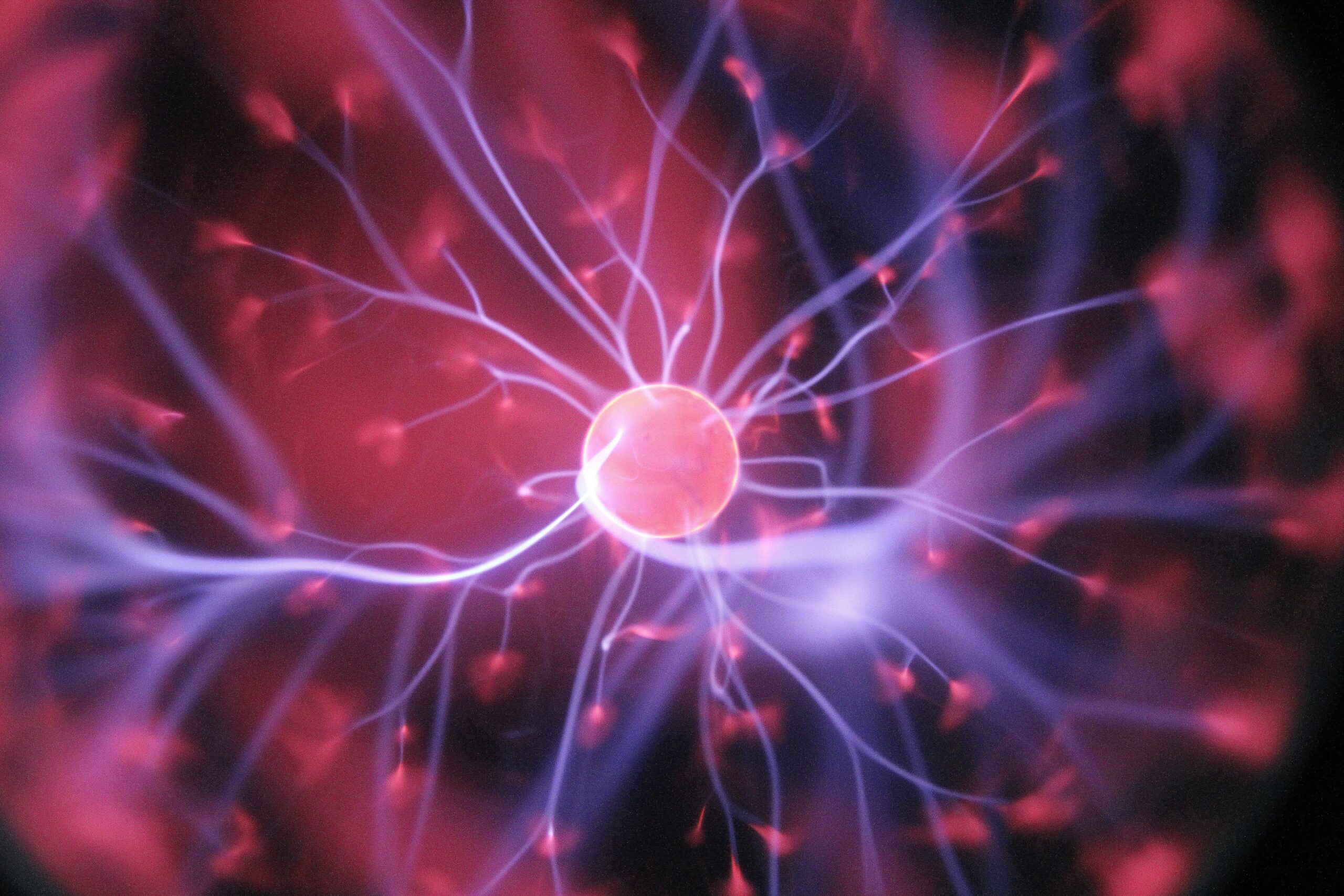Discernment Vs False Instinct
The thing about dichotomy is that it provides a choice. You are free to choose either side. But before you choose, you need to be sure that what you’re choosing is truly what you intended to choose in the first place.
For example, say you want to choose “good.” But how do you know for sure that the good you’re about to choose is actually good? What if it’s bad disguised as good? How would you know?
Well, sometimes you just know, right? Some people call it instinct. But instincts can be wrong—especially if they aren’t true instincts. Sometimes, trauma responses or internal programming can disguise themselves as “instinct.”
True instinct comes from active discernment.
Here, we can define “true” as a factor that allows us to access our higher timelines rather than lower ones. So, there is no right or wrong here. It’s a matter of what outcome it leads to. This is applicable to individual consciousness as well as the collective.
So when a topic such as science is in question, we are referring to collective higher timelines. A better society, with open-mindedness and higher consciousness.
Question Till You Shatter the Lies
The term pseudo means false, which gives it a negative tone by default. As a result, most of humanity won’t go any further to explore the truth, because they stop at the negative connotation—one that feels convincing in itself, especially when reinforced by the scientific community, which is considered an “authoritative governing body” we all look up to. After all, why question it when they “know better,” right?
We cannot grow and evolve without questioning. Questioning leads to exploration, which leads to thinking, which may activate true discernment—and that ultimately leads you to the truth. This is exactly what society, or the so-called “powers,” don’t want you to achieve. The agenda is to keep you from questioning, thinking for yourself, and discovering your truth.
Why? Because once you do, you become a sovereign individual—and sovereign individuals cannot be programmed or controlled.
So, when we blindly accept everything at face value without digging deeper, we end up stunting our own growth. Such a society is a perfect population for psychological slavery.
What is Science?
So, what is science? Many of us need to understand this.
Science tells you what already is.
Science discovers what already is.
Science utilizes what already is.
Science is not a creator at its core—it uses what already exists to create. Science didn’t create the laws of nature or the cosmos; it simply tries to figure out what they are through research.
But from what I observe, many people view science as the ultimate authority—one that knows the best and holds the ultimate truth. It’s as if science is beyond question. Because, to them, nothing is greater than science. I find that both ridiculous and sad.
It’s like saying, “I accidentally found gold while digging in my backyard, and now I not only know everything about gold, but no one is allowed to question me”—even though that gold probably existed long before I was born.
Now, don’t get me wrong—I’m not saying we shouldn’t follow science. Not at all. I’m a biotechnologist by qualification, and I deeply admire the incredible pace at which science is progressing and am excited for it too. I love how science is able to back up so many metaphysical concepts today, which are otherwise too magical to believe. But what I’m saying is: don’t stop at the surface. Dig deeper. Don’t give away your inner power. Learn to tap into your inner wisdom by accessing knowledge with an open mind.
Real science isn’t about dismissing something just because you don’t understand it. It’s about being open-minded enough to explore whether something could be possible.
Pseudoscience and its Possibilities
I think I’ve established most of my points, so let me cut to the chase.
Before science discovered gravity, it already existed. It has always existed. But before it was formally recognized by science, had someone claimed gravity was real, would we have believed them?
We probably would have laughed, called it silly, labeled them crazy—or even dismissed it as pseudoscience until it was proven later.
“Crazy is often being right too early.”
So, are all pseudoscientific theories truly pseudo? Or is it that we haven’t yet evolved enough in our consciousness or vibration to understand the concept?
What I mean is this: to truly grasp any concept, we have to be a vibrational match to its frequency. This is a fundamental principle—one that today is commonly known as the Law of Attraction or manifestation.
So the real challenge is to expand the boundaries of our minds.
Before dismissing something as mere pseudoscience, ask yourself:
In a universe of infinite possibilities, could this be possible?


Leave a Reply